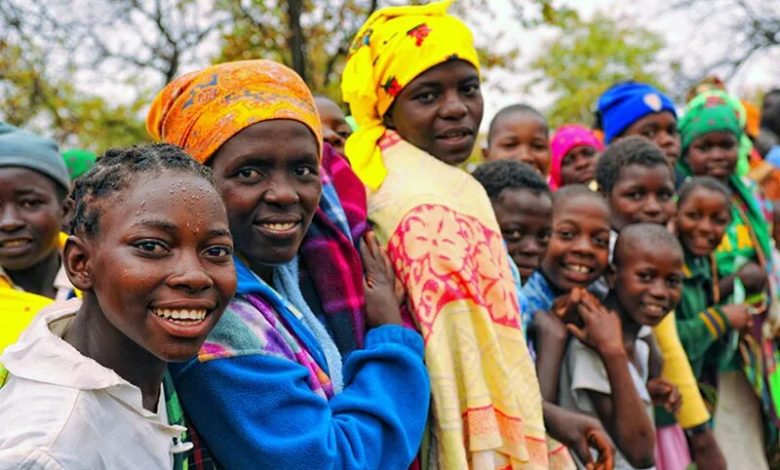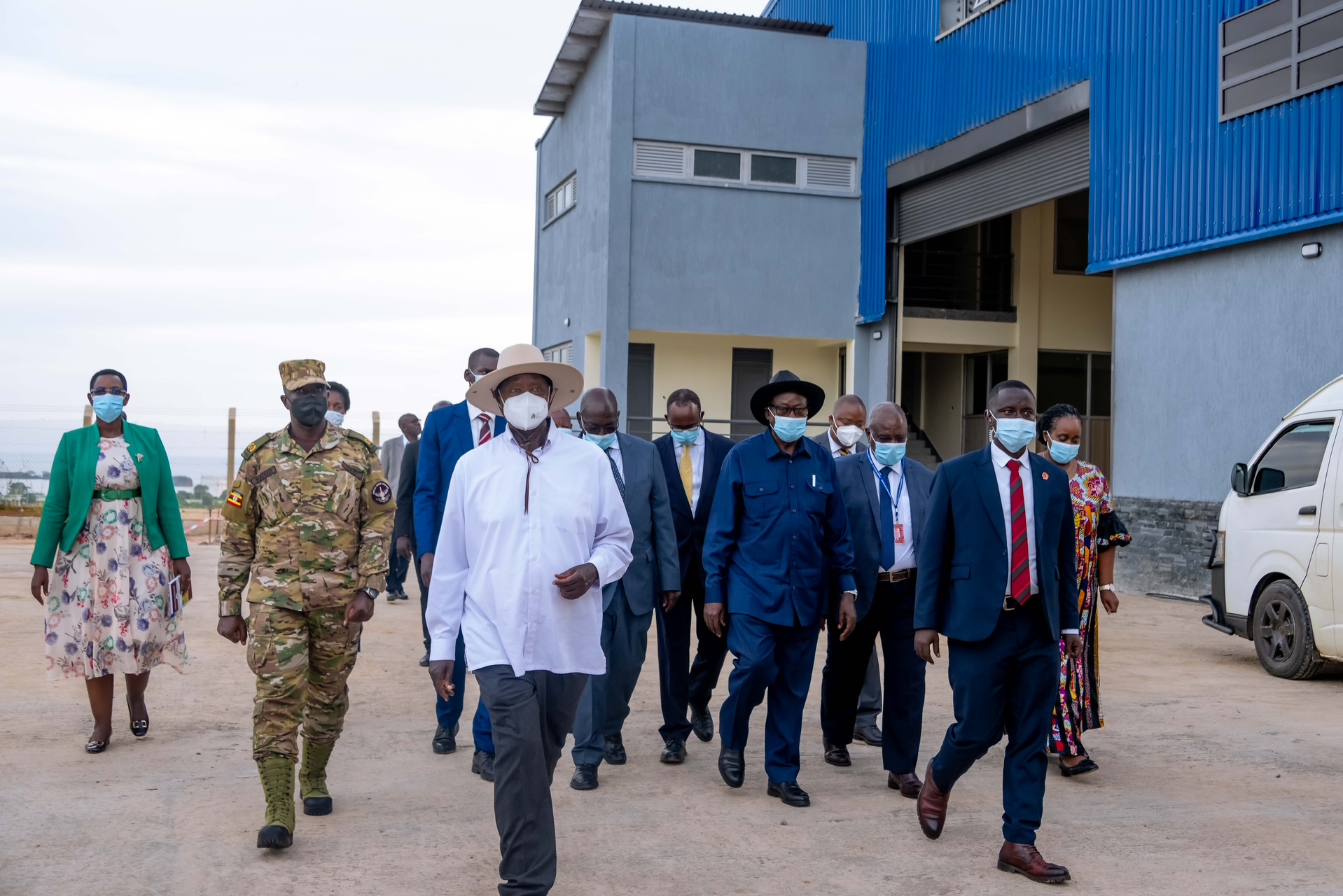Zimbabwe’s Population Rises To 15.1m People
The 2022 population includes everyone who was in Zimbabwe at the time, including all visitors and excludes those who were outside the country.

Zimbabwe’s population now stands at 15.1 million people, according to preliminary results of the 2022 population and housing census carried out in April this year.
The figure increased by 16.2 percent from the 13 million people in the last census in 2012, giving an annual population growth rate of 1.5 percent, Taguma Mahonde, the Zimbabwe National Statistics Agency (ZIMSTAT) director general, said Tuesday.
The 2022 population includes everyone who was in Zimbabwe at the time, including all visitors and excludes those who were outside the country.
The population of Zimbabwe as at April 20, 2022 was 15,178,979, of which 7,289,558 (48 percent) were male and 7,889,421 (52 percent) were female, giving a sex ratio of about 92 males for every 100 females, the official said.
“Given the 2012 population size of 13,061,329, this gives an annual population growth rate of 1.5 percent,” Mahonde said.
The 2022 census was the first digital census to be conducted in Zimbabwe.
Mahonde said the migration from paper-assisted personal interviews to computer-assisted personal interviews resulted in ZIMSTAT, for the first time, producing preliminary results of a national census within three months of data collection.
Preparations for the census began in 2019, guided by the United Nations Principles and Recommendations for Population and Housing Censuses. However, Mahonde said the advent of COVID-19 in 2020 had interrupted the mapping exercise and supply chains which were critical components of the preparatory phase of the census.
According to the preliminary results, the population constituted 3,818,992 households, giving an average of four persons per household.
Given a land area of 390,757 square kilometers, the resultant population density stood at 39 persons per square kilometer.
The distribution of the population by province for the year 2022 indicates that Harare Province constituted 16 percent of the total population, the highest among provinces, followed by Manicaland and Mashonaland West Provinces with 13.4 and 12.5 percent, respectively.
The share of rural-urban population stood at 61.4 percent for rural and 38.6 percent for urban in 2022, compared to 67 percent rural and 33 percent urban in 2012.
Zimbabwe conducts a national census every 10 years and the 2022 census was the country’s fifth since it attained independence from Britain in 1980.







